A Century of Feed, a Future of Innovation
Blending Family Stewardship with Relentless Innovation—and a Clear Plan for the Next Generation.
Walk the production floors at J.T. Johnson and Sons (Johnson Group’s) Kapunda headquarters and you’ll hear the steady rhythm of a modern feed enterprise: conveyors and presses, rakes and balers, forklifts and loaders. It’s a long way from where the family story began—a small chaff mill in 1923, cutting and steaming hay to feed the working horses that powered South Australia’s farms. But it’s also, in an important way, the same business: adding value to forage, delivering reliability to producers, and building trust over time.
“Generations of our family—and our customers’ families—have grown up together,” says Managing Director Mark Johnson, fourth generation at the helm. “We’re still supplying some of the same customer lines we opened in the 1960s. Now our kids are working with their kids. That continuity is our DNA.”
A Century of Pivots—Without Losing the Plot
The Johnson story is a case study in agile manufacturing before agility was a buzzword. In the 1930s and ’40s, as tractors replaced horses, the family became a Caltex distributor, hauling heating oil and lubricants to farms they once supplied with feed. In the 1950s–60s, exports took off—oat milling and rolled/flaked oats for human consumption and equine markets found steady demand in Singapore and Peru.
Then came a defining pivot. In the 1970s–80s, Johnson Group moved from chaff to pelletizing, building a feed mill to supply the live export sheep trade. When that market softened in South Australia, the business faced excess capacity—and a moment of truth. Mark’s father stepped in, took advice from Austrade, and went country-to-country looking for new demand. He found it in Japan—but not for pellets. The team built a hay press, opened fresh channels, and never looked back.
“We didn’t sell a pellet on that trip,” Johnson laughs. “But we sold a strategy.” That flexibility catalyzed decades of growth, including a 30-year joint venture with a Japanese partner—a rare and durable cross-border alliance in the agri-feed space.
Scale, Technology, and the Power of Consolidation
Through the 1990s, Johnson Group operated multiple factories across SA, Victoria, and NSW. A global scan of best practice—particularly in North America—convinced leadership to consolidate. By replacing five or six older machines with two advanced lines at two strategic sites, the company nearly quadrupled output while simplifying its footprint.
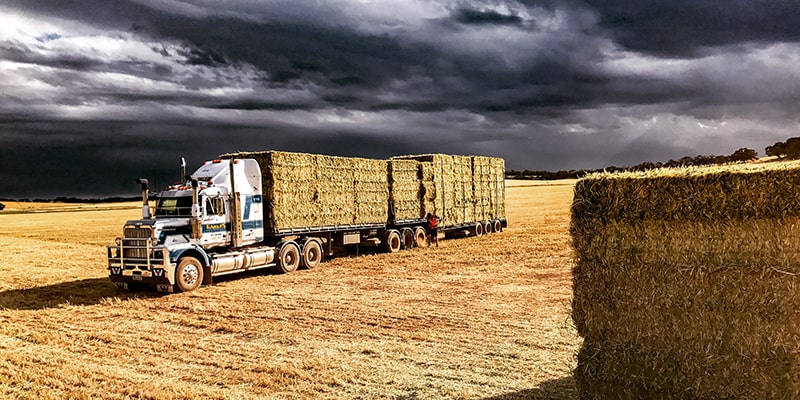
Johnson notes that today’s the platform includes the Kapunda, SA – head office; pellet mill (major upgrade in 2016) and hay facility, the Horsham, VIC – greenfield factory completed in stages (~$35 million recent investment), Highbury, WA – new site brought online in 2022–23 to stabilise western supply and Ningbo, China – JV TMRF (Total Mixed Rations/Fermentation Factory) supporting growth and market intimacy in East Asia.
Alongside manufacturing, Johnson Group operates a 10,000-head feedlot, farms ~18,000 acres, and partners in a shipping/freight brokerage JV that manages global export flows. The integrated model isn’t about empire; it’s about continuity, quality control, and guaranteed delivery from paddock to port to producer.
“Our customers in Japan, Taiwan, Korea, and the Middle East don’t have the land base to grow their own forage,” Johnson says. “They need certainty. Integration helps us deliver it.”
Markets—and the Mix That Matters
Follow the tonne and you’ll see why integration counts. Roughly 60% of Johnson Group’s output serves dairy systems—demanding consistent energy, fibre, and palatability at scale. Beef accounts for about 20%, including premium Wagyu rations in Japan. The remaining 20% honours the firm’s roots in equine nutrition, from performance animals to heritage lines.
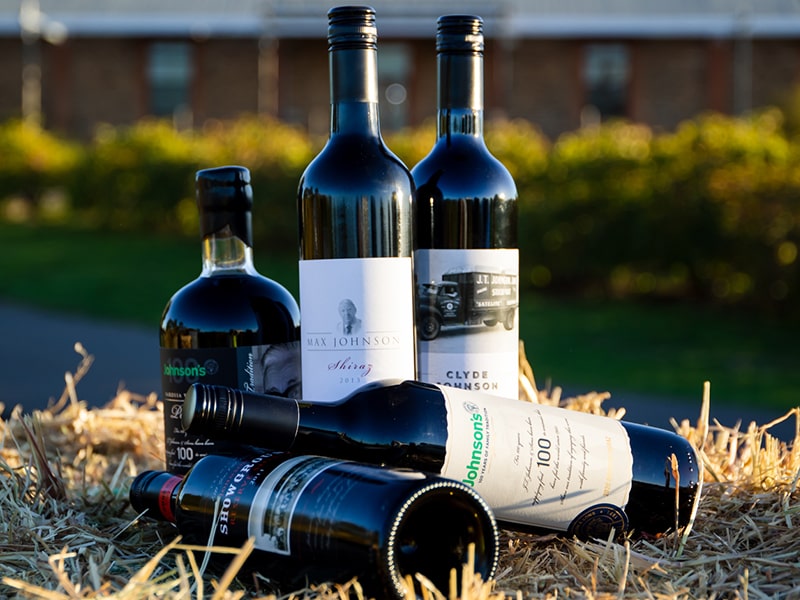
Geographically, the business is export-led—about 80% of production sails offshore. But domestic flows remain strategic: Johnson Group supplies vessel feed for live cattle departing Darwin and Townsville to Indonesia and Vietnam, and from Portland (VIC) for dairy exports to North Asia.
“We think about the market as a network, not a pipeline,” Johnson explains. “That means multiple species, formats, and routes—always with enough flexibility to pivot when climate or policy shifts.”
Climate, Continuity, and the Data That De-Risks
The word “continuity” comes up a lot around Kapunda. That’s because Johnson Group builds business plans for a world of climate extremes. Over the last 18–20 months, South Australia has suffered tough, dry conditions, while Victoria—home to 60–70% of Australia’s dairy herd—remains highly contested for forage. Western Australia, once volatile, has been relatively stable in recent years, an important counterweight.
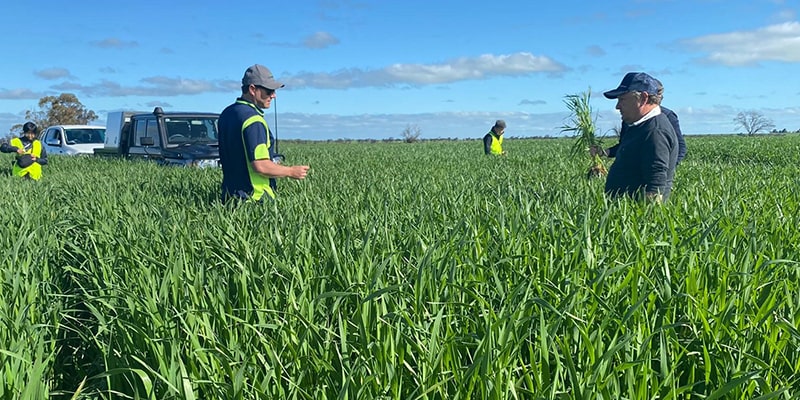
Johnson highlights that the response is part agronomy, part analytics to encompass farming practices to retain moisture, protect soil, and carry stock across seasons, supplier coaching to adopt climate-resilient techniques in both dry and wet cycles, inventory strategies that hold the right stock in the right places at the right time as well as data-driven decisioning to price risk, allocate capacity, and protect service levels
“We’re very data-driven,” Johnson says. “But data only matters if it keeps feed in a trough or a ration in a TMR wagon. That’s the lens.”
Innovation: AI, Autonomy, and Advanced Manufacturing
If history is a series of pivots, the next one is already underway. Johnson notes that Johnson Group is institutionalizing innovation—a dedicated new-ventures lane for the fifth generation to explore tech solutions that include,AI-enabled planning for demand, inventory, and logistics, Autonomous and robotic systems on farm and in plant to lift productivity and safety, Advanced pelletizing controls for tighter spec adherence and better energy efficiency, Product adjacencies in pet and equine feeds to leverage brand and process know-how, Materials innovation that links feed by-products to green building concepts
“We manufacture at scale, so productivity is existential,” Johnson notes. “Staying in front of the curve—on AI, robotics, process control—is how Australian manufacturers remain competitive.”
Governance, Culture—and the Next Handover
Family businesses live or die on governance and culture. Johnson Group treats both as working verbs.
There is a formal family constitution, reviewed and refreshed every five years, that keeps family governance and business governance aligned—but distinct. A family board meets regularly to communicate expectations and realities, and there’s an explicit norm of early, honest feedback.
“If a good mate is drifting, you call it early,” Johnson says. “We try to do that in the family too—head off issues before they compound.”
Culture, meanwhile, is tight-knit by design. Many of the firm’s leaders grew up with Mark and his brother, Robbie, who leads operations; others have logged 20, 30, even 40+ years at Johnson Group. That longevity breeds trust—and a responsibility to develop the next cohort. Upskilling internal talent is a priority, especially in regional communities where recruiting specialists from the city is a harder ask.
“We’ve built a smart team around our own gaps,” Johnson says. “Now we’re leveling up the B-graders into A-graders with targeted training, tech exposure, and leadership support.”
Community as a Competitive Advantage
Kapunda is a 4,000-person town with a big footprint in Johnson Group’s story. The company sponsors arts and sport, supports surrounding communities, and turns relationship-building into a business practice—from informal BBQs to something more unusual: wine.
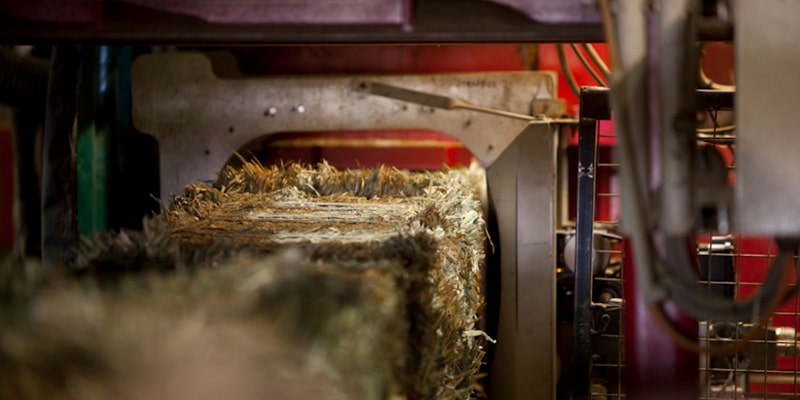
On the Kapunda property, the family transplanted century-plus vines from a Barossa estate and now bottles ~5,000 bottles a year. Most of it is given away—to farmers, customers, and partners. “We love food, wine, and friendships,” Johnson says. “It’s our way of saying thanks.”
Partnerships That Move the World
Johnson draws attention to the reality that export success depends on partnerships and fostering these relationships over the long term. The group’s freight brokerage JV with the TM Fildes family handles most overseas shipments, extending a decades-long relationship between the families and their now-adult children. On the production side, a JV Feed factory in Ningbo deepens market insight and responsiveness.
Upstream, relationships with growers are paramount. Johnson Group coaches farmers on agronomy, buys across cycles, and shares data to help suppliers plan and invest. Downstream, the company collaborates with importers, wholesalers, and end users to optimize last-mile delivery—the critical step that turns a good ration into actual animal performance.
Johnson Group also has a joint venture with the Japanese company Asahi Agri. A feed factory, located in Horsham, Victoria, was established in 1995 by Jack Johnson and Denis Johnson. This year marks an extraordinary milestone as the joint venture celebrates its 30th anniversary—an impressive achievement for a long-standing partnership with an overseas company.
In 2024, the venture completed a new greenfield site, featuring state-of-the-art facilities capable of processing 200,000 metric tonnes of hay and straw, making it one of the leading operations of its kind worldwide.
“If any link fails—farm, factory, port, vessel, warehouse, wholesaler—you feel it,” Johnson says. “We work every link, every year.”
Carbon-Neutral by Design, Not Declaration
Sustainability runs through the operating model. Johnson Group is well advanced on a carbon-neutral pathway, driven by solar generation, on-farm practice change, efficiency investments, and a supply-chain lens that prizes miles, moisture, and methane.
“We don’t view carbon as a marketing line,” Johnson says. “It’s operational resilience. Lower energy per tonne, better fibre per litre of milk, fewer losses from paddock to port—that’s good business and good stewardship.”
Strategy: Consolidate, Calibrate, Then Climb
After a decade of scale—revenue growing from roughly $50 million in the early 2000s to ~$150 million today—the company is in a planned consolidation phase: right-sizing, sharpening systems, and investing in people and tech.
“We’ve grown fast,” Johnson says. “Now we’re pausing to get the details perfect—skills, systems, safety—so the next climb is built on rock, not sand.”
Johnson also points out that the company’s growth vectors are clear: deeper penetration in dairy, Wagyu-aligned beef programs, and premium equine rations; expansion in pet and horse feed lines; and market development in Southeast Asia alongside core North Asian and Middle Eastern channels. The company will continue to balance sites (SA, VIC, WA) to smooth climate risk and protect continuity.
“We still see ourselves as a small family business on the edge of the Barossa—just one with global responsibilities,” Johnson says. “If we stay innovative, keep faith with our farmers, and honour our partnerships, the next hundred years will take care of themselves.”
AT A GLANCE
Who: J.T. Johnson and Sons
What: An agri business that leads the industry with high quality knowledge and products
Where: Kapunda, SA
PREFERRED VENDORS/PARTNERS
PSC Insurance Brokers Adelaide : www.pscinsurance.com.au
PSC Insurance Brokers empowers Australian businesses to trade with confidence. We deliver insurance and risk solutions that safeguard operations, speed up recovery, and support growth. With 600+ professionals nationwide and international market access, we ensure your cover evolves as your business does, providing reliable protection and measurable outcomes every step.
LGPM : www.lgpm.com.au
LGPM is a specialist in grain processing, bulk materials handling, and feed milling, with origins dating back to 1968. Formed through the merger of GPM and Lynchborough Corporation, LGPM combines engineering, design, and project management expertise, representing global agencies across diverse industries from its base in Melbourne.
T.M. Fildes Pty Ltd : www.tmfildes.com.au
For nearly 40 years, T.M. Fildes Pty. Ltd. has been a proudly 100% Australian-owned business, specialising in containerised export sea freight as a trusted Cargo Freight Broker. We have built a reputation in the shipping industry for providing exceptional customer service and outside the square freight solutions.
WSB Distributers : www.wsb.com.au
WSB Distributors is a South Australian, family owned agricultural and industrial machinery business. With seven branches across SA, WSB supplies new and used machinery, parts, servicing and precision ag technology. WSB has been proudly supporting local farmers and industries since 1938.
QUBE : www.qube.com.au
Qube Logistics provides complete end-to-end logistics services tailored to meet individual client needs. Our services can be combined as an integrated solution or tailored to meet individual client needs. Qube Logistics operates services covering road and rail transport, warehousing and distribution, container parks and related services, and international freight forwarding services.

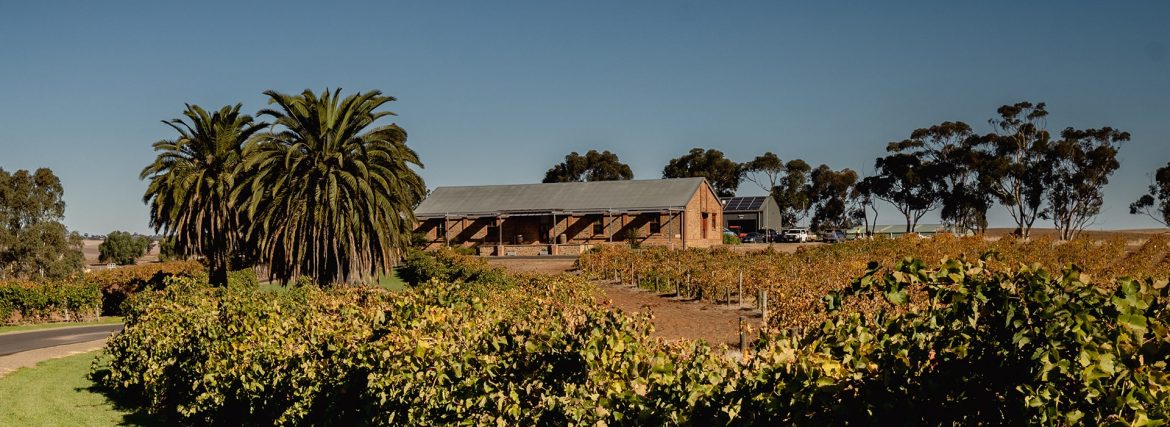
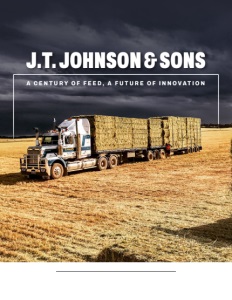

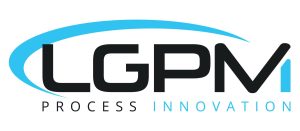
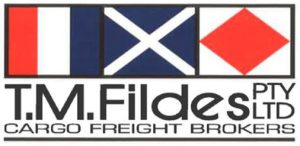



 This information will never be shared to third parties
This information will never be shared to third parties